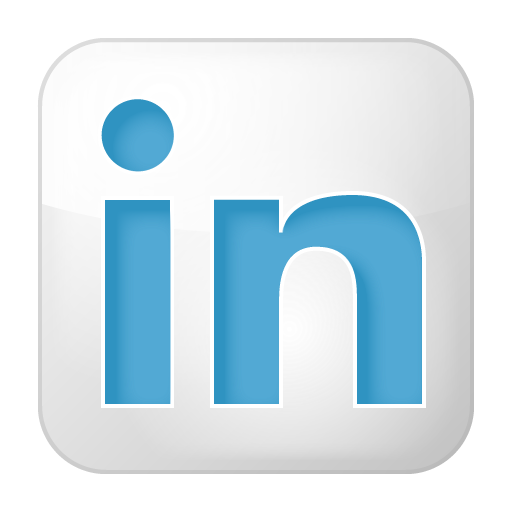Lung cancer doesn’t always present outward signs and symptoms, and early detection is critical to ensuring the best possible outcomes for people who are diagnosed. As such, routine screening is among the most important ways to ensure people with lung cancer get the timeliest possible care, with the greatest possible impact.iii
Given the significant momentum this campaign achieved last year, this Lung Cancer Awareness Month, we want to remind and keep encouraging people everywhere to Take the pLUNGe – for their own lung health or the health of a loved one.
What does it mean to Take the pLUNGe?
To take the pLUNGe means to commit oneself to a course of action, especially after a period of hesitation or uncertainty. In the context of one’s lung health, this could mean:
- Researching lung cancer screening eligibility criteria where you live
- Scheduling an appointment with a doctor to discuss your own health and screening eligibility
- Encouraging a loved one to speak to a doctor and to get screened, if they are eligible
- Eliminating personal tobacco use – or supporting a loved one in doing so
Who can Take the pLUNGe?
Lung cancer is not a disease reserved for people with a history of smoking, contrary to common belief. In fact, anyone with lungs can be at risk for lung cancer.
That is why anyone, anywhere can take the pLUNGe this Lung Cancer Awareness Month.
How can I Take the pLUNGe?
1. Familiarise yourself with lung cancer signs, symptoms and screening eligibility criteria
This Take the pLUNGe backgrounder is a good place to start. Additional resources can also be found on the Global Lung Cancer Coalition website.
2. Support someone you love
Is there someone in your life who may be eligible for lung cancer screening? Encourage them to speak to their doctor and support them however you can along the way.
3. Exercise compassion
Because of its connection to tobacco use, lung cancer can carry stigma that other cancers do not. This stigma can make people with lung cancer feel as though they’re to blame for their disease and, often, it can discourage them from taking action for their health. Eliminate stigmatising language from your speech and, if you meet someone living with lung cancer, do not make assumptions about their diagnosis.
4. Follow @LungAmbition on X (formerly known as Twitter) and also our LinkedIn channel
To engage with our Take the pLUNGe updates during Lung Cancer Awareness Month – and all year round.
5. Share our latest, first-of-its kind patient resource with your network [More details to be found here: https://www.lungambitionalliance.com/News/You-Are-Here.html]
The Lung Cancer Patient Navigation video provides patients and caregivers with a comprehensive guide to lung cancer, from diagnosis to treatment, and beyond.
Produced by AstraZeneca, a founding member of the Lung Ambition Alliance
i Cancer Research UK. Why is early diagnosis important? Available at https://www.cancerresearchuk.org/about-cancer/cancer-symptoms/why-is-early-diagnosis-important. Accessed October 2023.
ii American Cancer Society. Can Lung Cancer Be Found Early? Available at https://www.cancer.org/cancer/lung-cancer/detection-diagnosis-staging/detection.html. Accessed October 2023.
iii Cancer Research UK. Screening for lung cancer. Available at https://www.cancerresearchuk.org/about-cancer/lung-cancer/getting-diagnosed/screening. Accessed October 2023.
Date of Preparation: October 2023 | Document ID: Z4-59345


 Early detection of lung cancer is key to improving patients’ outcomes and survival.i,ii
Early detection of lung cancer is key to improving patients’ outcomes and survival.i,ii